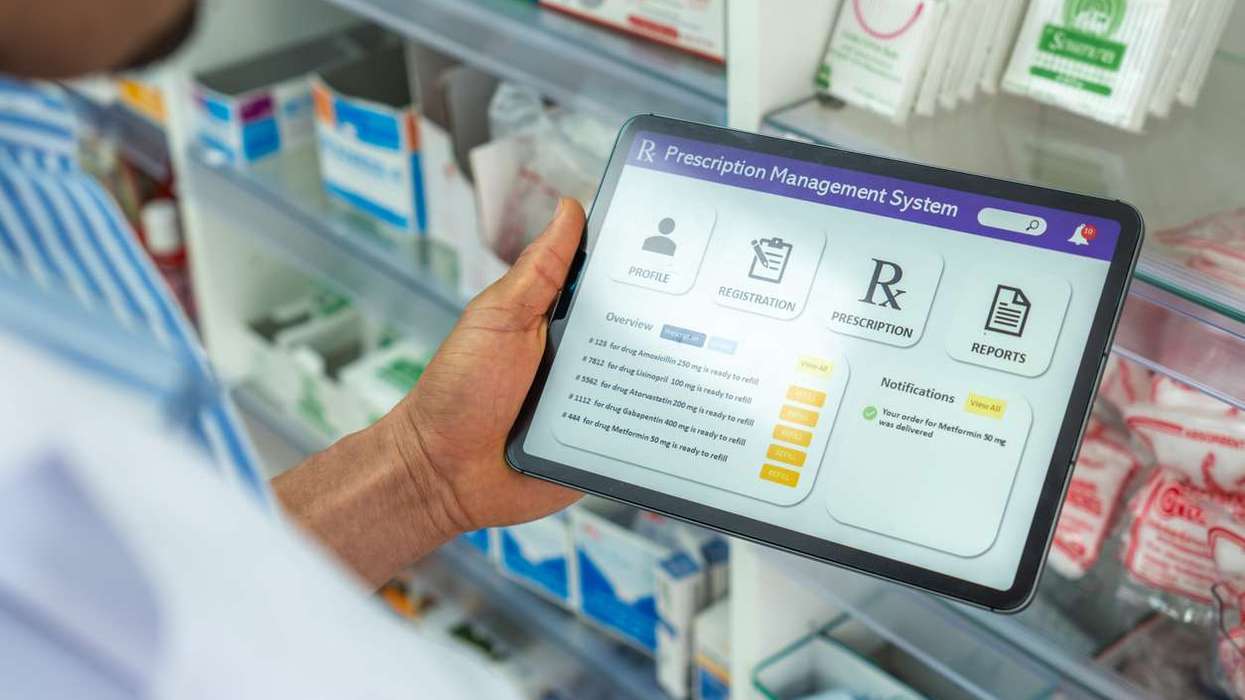By Mike Dent, director of Pharmacy Funding, PSNC
As negotiations begin for Year 4 (2022/23) of the Community Pharmacy Contractual Framework (CPCF), contractors and their teams continue to try to juggle an unrelenting workload, which is further exacerbated by the ongoing squeeze on their finances.
The findings of our recent Pressures Survey confirm that the majority of pharmacies are experiencing staffing shortages and that workload pressures are preventing them from doing everything that they want to for patients.
Everybody in pharmacy knows all of this, but we also need to prove it to policymakers, and they have always been keen on hard evidence backed up by data. In recent years the need for facts and figures has only grown as national finances have come under increased pressure, including through the Covid-19 pandemic.
As part of PSNC’s preparations for Year 4 negotiations, we therefore launched some data-gathering exercises to ensure we have as much information as possible to put in front of the Government and NHS.
Our Pharmacy Pressures Survey closed last month and the Advice Audit was recently extended to give pharmacy teams more time to submit their data.
We need the results from our Pharmacy Advice Audit to be as powerful as they can be and if possible, we would like to be able to say that we have captured data from more than half of the sector.
If you haven’t yet got around to it, please do consider taking part this week. All the information is available at: psnc.org.uk/adviceaudit Every pharmacy’s contribution is important, and your combined data will give us a powerful tool in negotiations and campaigning work.
It can be hard for contractors to see the tangible outputs of this sort of work, but from our perspective it would be hard to overstate how much of an impression previous audits have made: they have helped to persuade policy makers of what is going on in pharmacies, and they also convinced many MPs of the value of pharmacies through the pandemic and the need for their Covid costs to be covered. All of this fed into and helped to influence the outcomes of our negotiations, particularly on Covid costs.
Our arguments are given far more weight by having data from many thousands of pharmacies to evidence them.
Although all pharmacy teams are very busy, if you are able to make time to take part in the audit over the next few days that would be much appreciated and all help us to make the case for the sector. Please submit your data via PharmOutcomes by 11.59pm on Friday 11th March
Full details about PSNC’s Advice Audit can be found at: psnc.org.uk/adviceaudit











